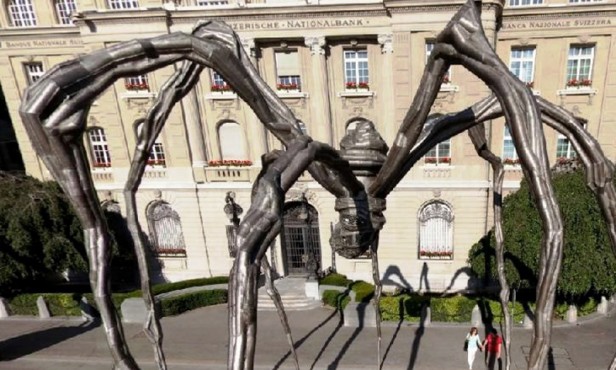
For quite some time now, the concept of “capital” has been employed as an analytical category in the humanities and the social sciences beyond simple economic reductionism. Such critical but in the main affirmative appropriations include Pierre Bourdieu’s mapping of types of capital (economic, social, cultural, symbolic) within a multidimensional social topology, James S. Coleman’s conceptualization of “social capital” as a form of capital that inheres in social relations and transactions between and among actors, or John Guillory’s introduction of “cultural capital” into the analysis of debates on canonical vs. non-canonical literature. More recently, we have been able to observe a growing concern about the alliance of biotechnology and capitalism. Enlisting terms like “genetic capital”, “biovalue” or “biocapital”, analyses elaborate Foucault’s “biopolitics” and Paul Rabinow’s “biosociality” – concepts that have already articulated how technologies bring “natural life into the realm of calculations”.
In parallel with such interdisciplinary transformations of “capital”, interest in the workings of “financescapes” (Arjun Appadurai), the simultaneously disjunctive and intertwined relationships between capital, technology, the media and socio-cultural practice continues to be investigated, as do the number of investigations of the disposition of global financial capital. The transfer of money via electronic market places has reached dimensions previously unimaginable. Moreover, financial trading and speculation appear without any regulation by coherent self-regulating markets, let alone a selfish yet reliably rational homo oeconomicus. Contrary to the hope of some still euphoric representatives of the economic sciences, more and more critical economists and business representatives, and an increasingly sceptical public, conceive of the financial world as irrational, chaotic and unpredictably metastatic. A veritable hauntology (Derrida) is emerging, with the financial crises of the first decade of the new millennium as harbingers of an inevitably global collapse. It congeals into the figure of the “trader” with his or her narrative of voracious deprivation and addictive moral and physical self-destruction within a hermetically concealed, spectrally guided sect.
Paradoxically, insider and outsider narratives criticizing the invisible confusion of the postmillennial Oikodizee or the fatal disorganization of global-liberal capitalistic competition are congeneric with euphoric notions of the market guided by an “invisible hand” automatically leading to the common good (Adam Smith). Both build on dichotomies between order and chaos, rationality and irrationality, which, according to Josef Vogl, have characterized all political economic discourses since the late 17th century, including the critical voices.
The Winter School 2015 addresses the following questions:
- Is “capital” an indispensable tool in order to analyse (and criticize) past and present economic realities, especially today’s (imaginary but highly effective) high-speed train of globalized financial competition and its constituting Others that are left behind?
- What are the benefits and pitfalls of “capital” as an interdisciplinary analytical tool beyond (neo)classical economic questions?
- Might the tendency to treat “capital” as a coin for exchange within the humanities and beyond lead to an all too stable concept of “capital” that turns out to be itself an effect of a genuine haunting which has erratically infected the way we do research and ask questions? Are we capitalized by “capital” – and might there be adequate alternatives, such as “value”?
- Do such derivative forms of capital also disclose new conceptions of individuality, personhood and mediation? Does the question of “value” f.e. allow a sidestepping of matter-culture dichotomies, as it might shift our attention to what gives every kind of system or unit (literary, economical, ecological, physical, biological) it’s general weight?
Invited guests and the focus of their lecture
Arjun Appadurai
(Social-Cultural Anthropology, New York University)
Anthropology of Globalization, Financescapes, Cultural Dynamics, Urban South Asia
Martin Hartmann
(Philosophy, University of Lucerne)
Political Philosophy, Social Philosophy, Social Capital, Network Society
Vicki Kirby
(Philosophy / Sociology, University of New South Wales)
Poststructuralism, Feminist Theory, Quantum Anthropology, Value, Embodiment, Language, Nature/Culture Division
Anna Kornbluh
(Victorian Literature / Critical Theory, University of Illinois)
Victorian Novel, Critical Theory, Capital, Marxism, Psychoanalysis, Structuralism, Formalism


